Notes
COVID-19
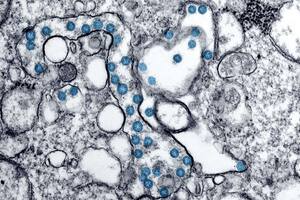
Mutation makes COVID-19 less serious
A mutation that erased a stretch of DNA from two SARS-CoV-2 genes appears to make the symptoms of COVID-19 less aggressive
By Redação
COVID-19

High levels of asymptomatic infection in children
Clinical data suggest that although children and young adults tend to develop milder symptoms of COVID-19, they can be silent spreaders of the disease
By Redação
Paleontology
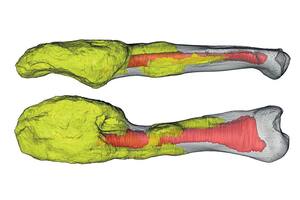
The dinosaur with cancer
An herbivorous dinosaur that lived about 76 million years ago in what is now the province of Alberta in western Canada had highly aggressive bone cancer in its right hind leg
By Redação
Archaeology
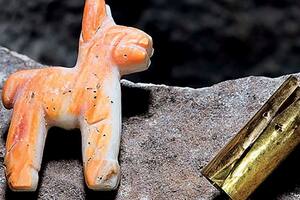
Inca offerings in Lake Titicaca
A stone box made of volcanic rock found at the bottom of Lake Titicaca is helping archaeologists to better understand the religious beliefs and practices of the ancient Incan Empire
By Redação
Biodiversity
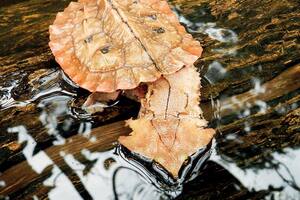
Two species of mata-mata
New analyses have revealed that there are at least two species of mata-mata
By Redação
Technology
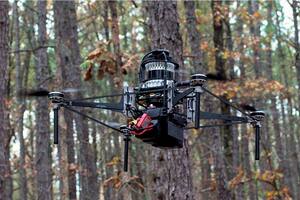
A drone that counts trees
Researchers from Brazil and the USA have developed a drone capable of flying autonomously through a forest and mapping the trees
By Redação
Genetics

Academic genealogy
A website is helping researchers in the field to identify their academic lineage
By Redação
Chemistry

Impurities in psychedelics
Researchers analyzed drugs seized in Santa Catarina between 2011 and 2017 and found a change in the composition of blotters
By Redação
Health
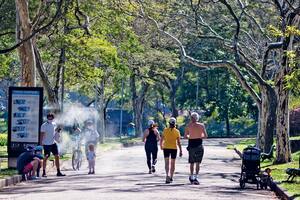
Low vitamin D levels
In Brazil, about 875,000 people aged over 50 are deficient in vitamin D
By Redação
Public Policies

Bill 529 and state foundations
The FAPESP board of trustees recently analyzed Bill 529, submitted by the São Paulo state government to the Brazilian legislative assembly
By Redação
Environment
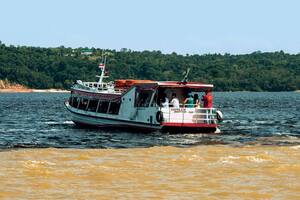
Microplastics in the heart of the jungle
Researchers found microplastics in the sediment of the Negro, Solimões, and Amazonas rivers
By Redação
COVID-19

Research during quarantine
Fernando Carvall“An opportunity to rethink the way we live” The crisis has changed how remote intellectual work is viewed. We had computers, but no physical environment or training for this kind of activity. Other people would constantly interrupt you, believing you were not doing real work. This is not the case for me. I have... View Article
By Redação
COVID-19
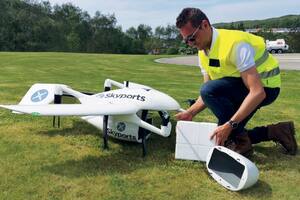
In the skies above Scotland
Skyports plans to start a new drone service for transporting medical supplies, tests, and samples between hospitals on the west coast of Scotland
By Redação
COVID-19
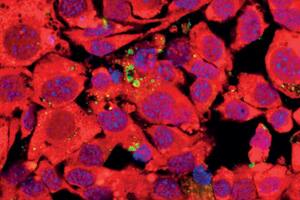
A potential virus reservoir
Adipose tissue may act as a reservoir for the novel coronavirus, suggests a study conducted by researchers at the University of Campinas
By Redação
COVID-19

Vaccine tests advance
One of the best-known COVID-19 vaccine candidates achieved good results in the first phase of clinical trials
By Redação
Environment

Logging on the rise in Europe
The growing timber industry in the European Union may prevent the region from reaching its goal of being carbon neutral by 2050
By Redação
History

Rescuing UFMG’s museum collection
The quick response of the Collection Preservation Management Commission of the Federal University of Minas Gerais has proven fundamental to rescuing technical reserve collection 1 of the university’s Natural History Museum and Botanical Garden, struck by a fire on June 16
By Redação
Pharmacology

Lasting action against HIV
Researchers at American pharmaceutical company Gilead Sciences have published the results of clinical trials of a new long-acting antiretroviral against HIV
By Redação
Paleontology

Dinosaur or lizard?
In March, paleontologists announced an incredible discovery. The research team, led by Jingmai O’Connor of the Institute of Vertebrate Paleontology and Paleoanthropology in Beijing, China, published an article in Nature on the smallest dinosaur species ever identified: Oculudentavis khaungraae, described based on a skull found trapped in a 99-million-year-old fragment of amber found in Myanmar,... View Article
By Redação
Public health

Lead in the Paris air
A ton of lead may have been deposited over a 1 kilometer radius around Notre-Dame Cathedral in Paris as a result of the April 2019 fire
By Redação
Technology
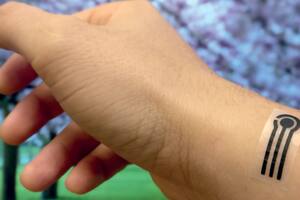
Nanocellulose sensors
Microbial nanocellulose could be used to make electrochemical sensors that attach to the skin to monitor health conditions or physical performance
By Redação
Astronomy

Heading for Mars
The United Arab Emirates launched its first interplanetary space probe from a space center in Japan
By Redação
Astronomy
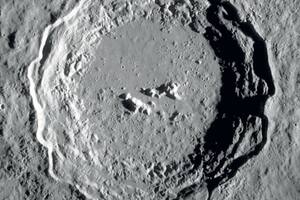
Asteroid showers on Earth and the Moon
About 800 million years ago, fragments of a large asteroid collided with Earth and the Moon
By Redação
Biochemistry

Venomous amphibians
Caecilians are venomous animals, capable of injecting venom into their prey, say researchers from the Butantan Institute
By Redação
Atmospherical Science
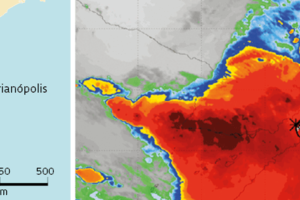
South American megaflashes
The longest lightning bolt ever recorded stretched 709 kilometers across southern Brazil on October 31, 2018, the World Meteorological Organization reported in June
By Redação
History
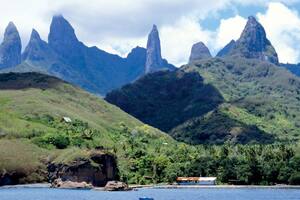
The first voyages across the Pacific
The first inhabitants of Polynesia had contact with native peoples from the Americas just over 800 years ago
By Redação
Covid-19

Research during quarantine
Fernando Carvall“When I saw the results, I thought: this virus is going to infect everyone” The first reports about the disease in China sparked my curiosity. The Chinese discovered that the virus enters the cells via the angiotensin-converting enzyme 2 [ACE2] receptor. Its expression depends on the ACE2 gene, which plays an important role in... View Article
By Redação
COVID-19

Risk of increase in child labor
The reduced income and increased economic insecurity caused by the COVID-19 pandemic may lead to a rise in child labor rates in Latin America and the Caribbean
By Redação
COVID-19

A SARS-CoV-2-proof fabric
Researchers from São Paulo–based company Nanox have developed a fabric containing silver nanoparticles that can inactivate the novel coronavirus, SARS-CoV-2
By Redação
